Libya rivals agree to ceasefire in principle, UN envoy says
The United Nations (UN) envoy for Libya says the warring sides in the North African country have agreed in principle to transform a shaky truce into a permanent ceasefire.
Ghassan Salame on Tuesday made the announcement to reporters in Geneva, where Libyan government and rebel representatives have been holding negotiations under the auspices of the UN.
“We started yesterday to discuss with them a long list of points on our agenda, starting on an attempt to transform the truce into a more solid one, less often violated by either side and also to transform that truce into a real agreement on a lasting ceasefire,” Salame said. “The principle has been adopted from the first session. Now the question is ‘what are the conditions?’”
Five senior officers from Libya’s internationally recognized government and five from the so-called Libyan National Army (LNA) of rebel commander Khalifa Haftar have been taking part in the talks that began on Monday and are expected to continue on Tuesday, according to the UN envoy.
Salame said the two sides had so far negotiated indirectly but that there was “a genuine will for both parties to sit together and start negotiating” directly.
“So far, we had separate sessions for both parties, but I’m sure the time will come for the two sides to sit together,” he added.
Libya has been divided between two rival camps — the Tripoli-based government of Prime Minister Fayez al-Sarraj, and a camp in the eastern city of Tobruk, supported militarily by rebel forces under the command of Haftar — since 2014.
Haftar’s rebel forces launched an assault on the capital to unseat Sarraj’s government in April. Numerous attempts to broker peace between the two have since failed.
Salame urged the international community to help with the lifting of an oil blockade imposed by Haftar’s forces and to block the flow of arms and mercenaries into the conflict-ridden country.
Libya initially plunged into chaos in 2011, when a popular uprising and a NATO intervention led to the ouster of long-time dictator Muammar Gaddafi and his execution by unruly fighters.
US 'lethal' strikes target two vessels as Trump warns of possible war with Venezuela
VIDEO | Press TV's news headlines
VIDEO | Indian leather industry eyes Russian, African markets amid US tariffs
Lavrov urges IAEA chief to adhere to neutrality, objectivity towards Iran
7 Palestinians killed after Israel strikes Gaza school
US Navy test launches replication of Iranian drone Shahed-136
Iran slams Canada’s sanctions as ‘baseless’ and ‘meddlesome’
Bangladesh deploys security forces as protests grow over killing of student leader


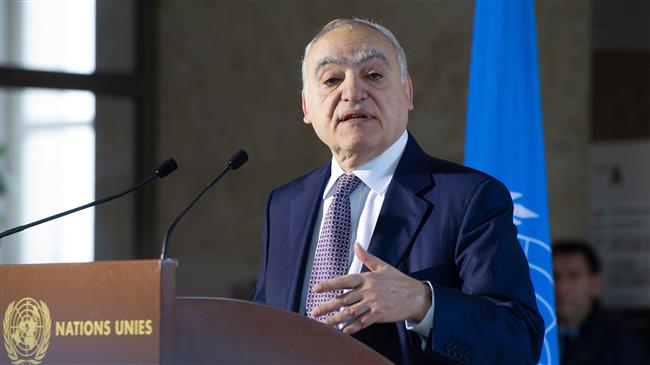

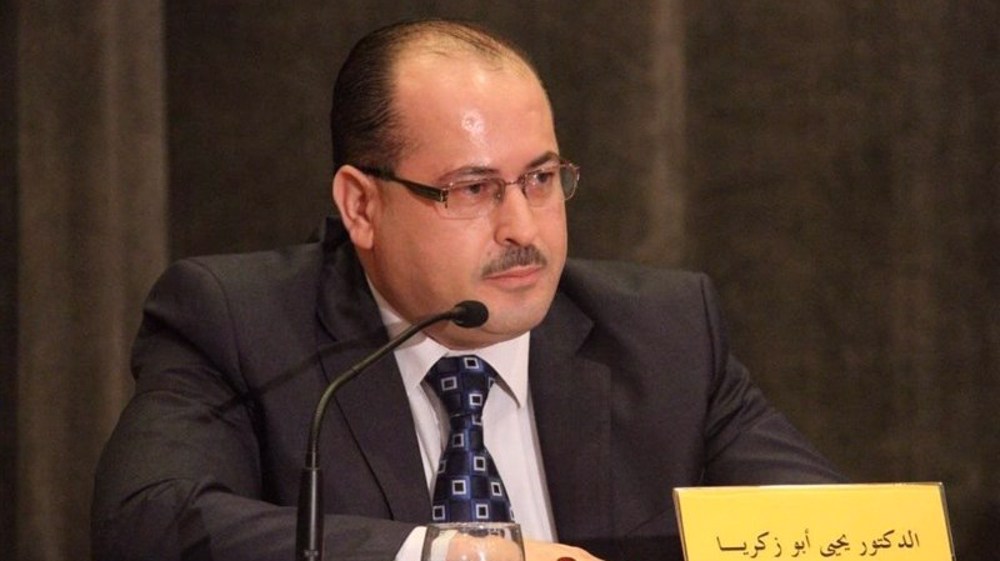
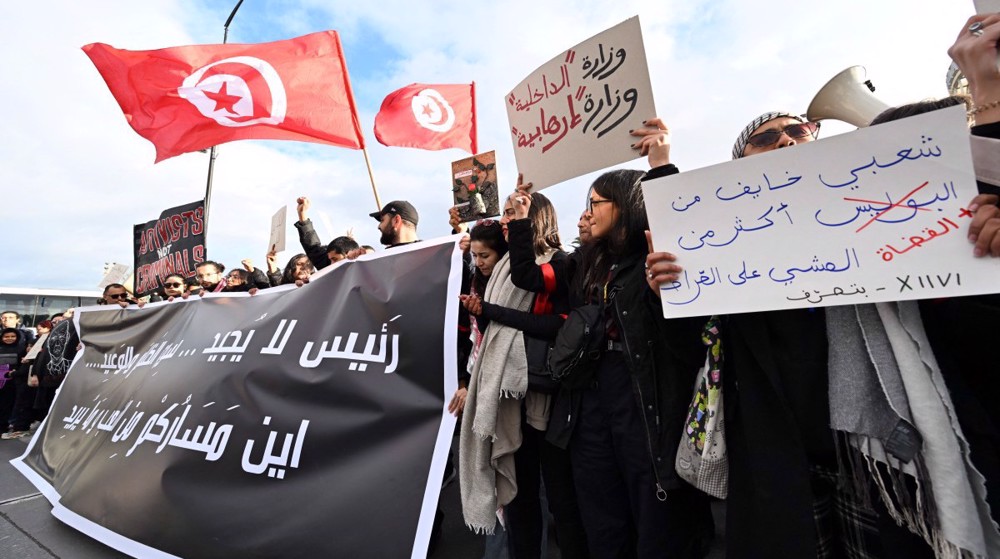
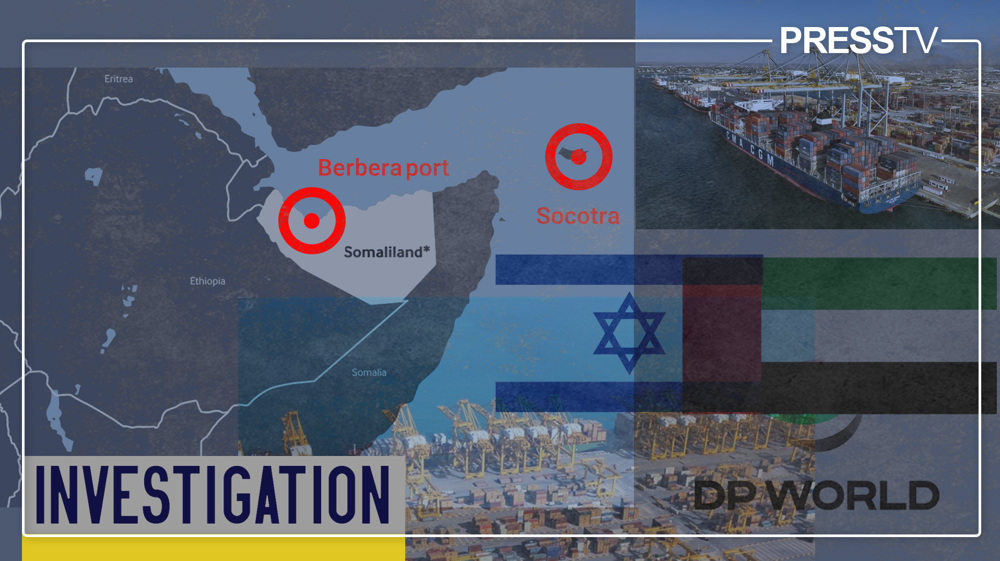



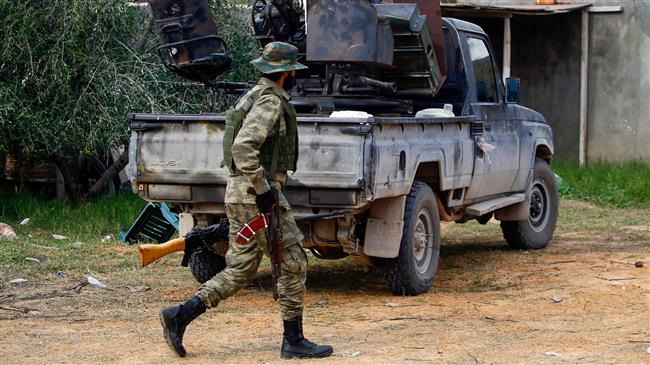
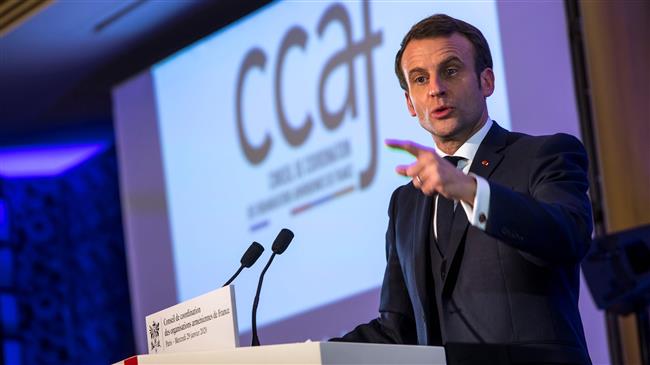
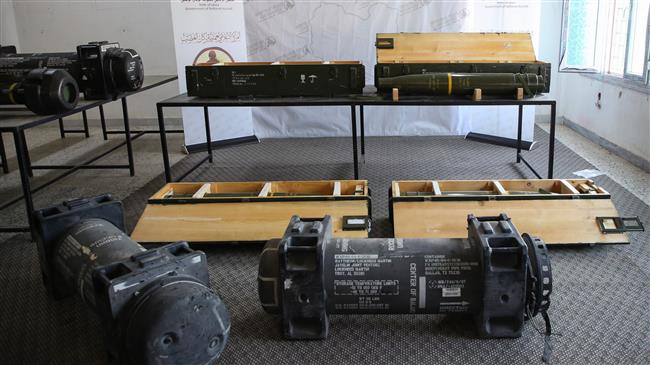

 This makes it easy to access the Press TV website
This makes it easy to access the Press TV website